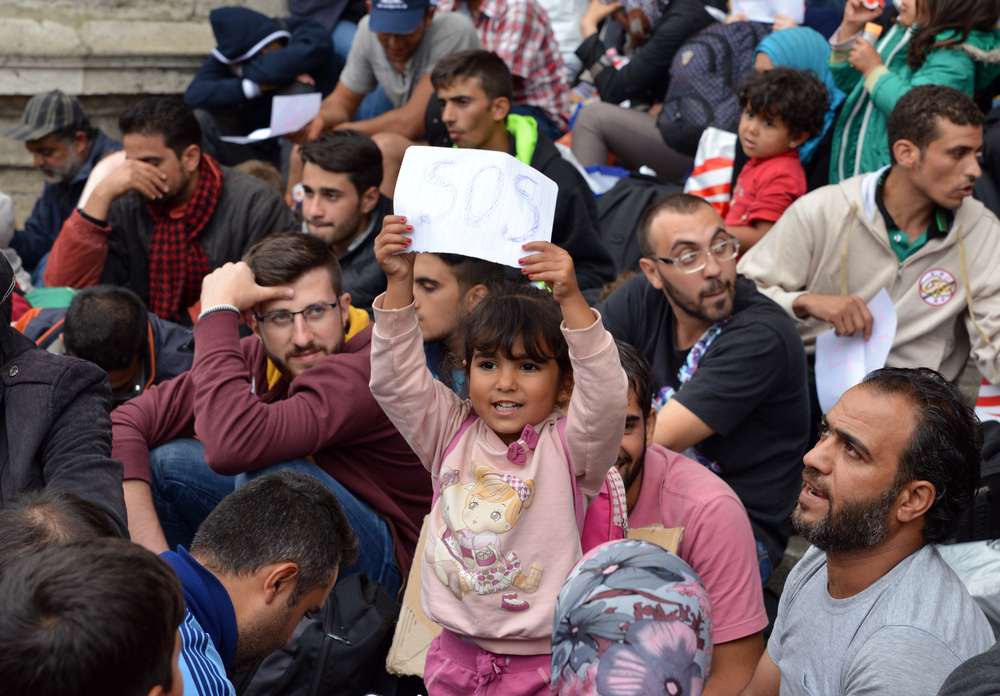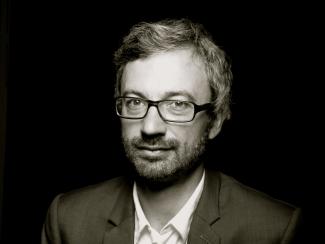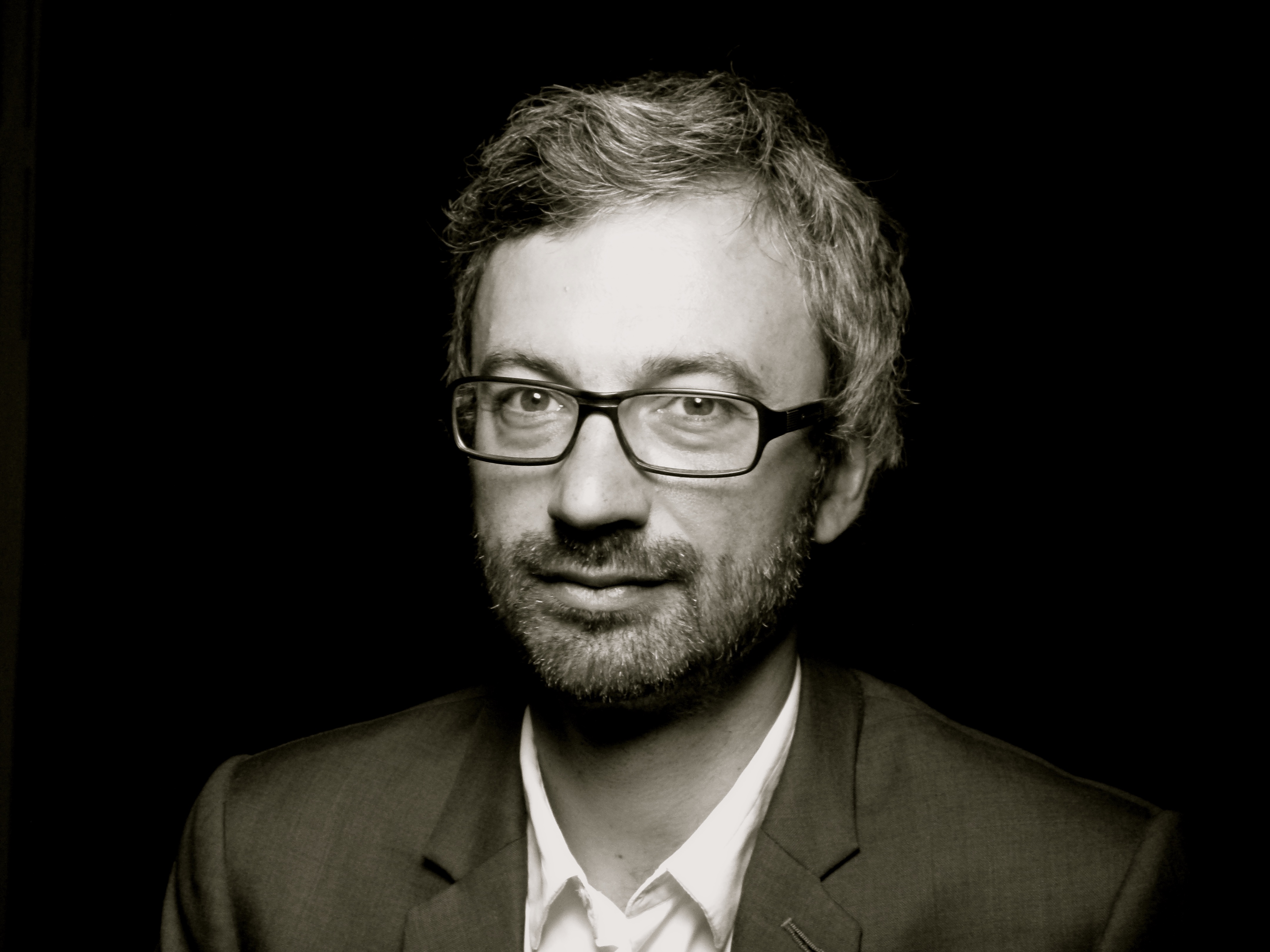
Practical information
France and Austria perceive the European refugee crisis in different lights and have adopted specific policies accordingly. What are these policies on the reception and integration of refugees? How do they weigh on the relations with neighboring countries, and more particularly, on the responses from the European Union?

Speakers:
Florian VALAT, Deputy to the Director of Asylum, Ministry of the Interior, Paris
Matthieu TARDIS, Research Fellow, Centre for Migration and Citizenship, IFRI
Roland GOISER, Deputy Director, Austrian Integration Fund
Michael JOHN, professor, Johannes Kepler University of Linz
Chairman: Dominique DAVID, president of the Franco-Austrian Centre for European Rapprochement (CFA), Advisor to the Executive Chairman, IFRI
Debate in French and English.
Watch the film made for the Forum of Reflection "Western Balkans in the EU: New Integration Prospects?" that took place on May 30 and 31 in Paris
Speakers
Other events

Paris Naval Conference 2026: Naval Rearmament and Operations in Contested Waters
This fourth edition of the Paris Naval Conference (CNP), bringing together high-level military, industrial, and academic speakers, will address the challenges associated with general naval rearmament and naval operations in increasingly contested environments.







